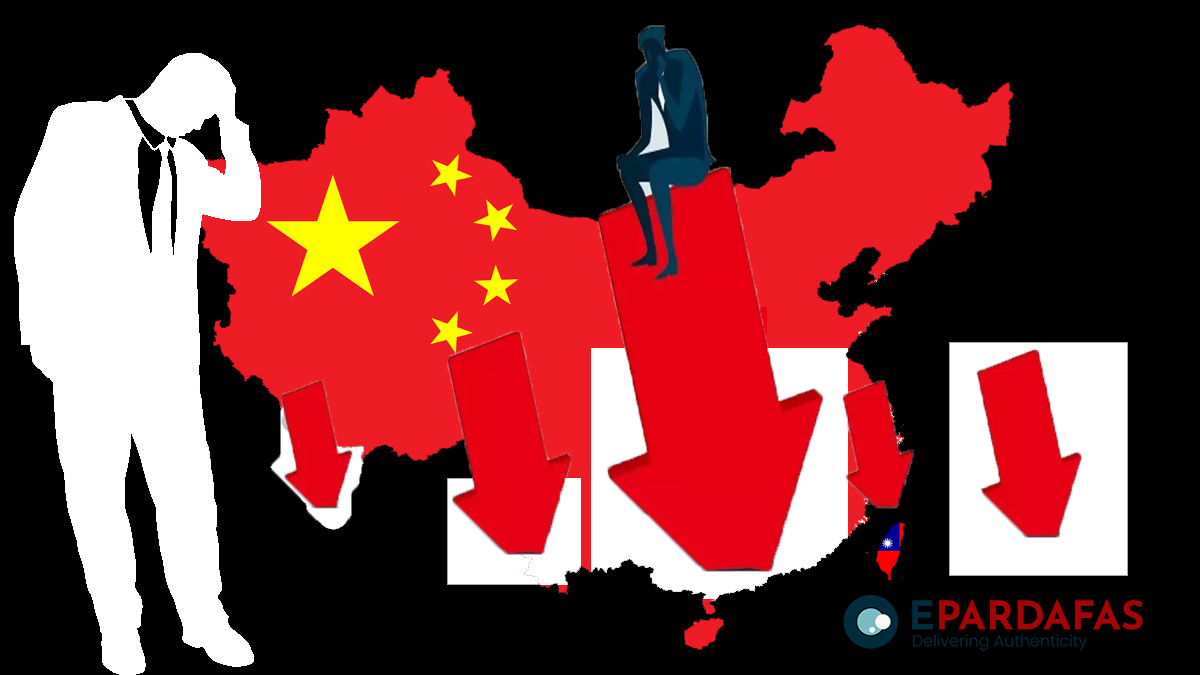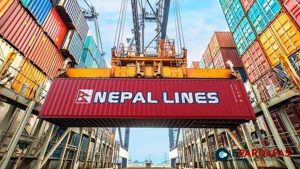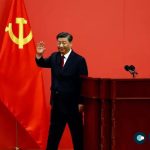
China Economic Crisis Unveiled: Zhongzhi Enterprise Group Discloses $64 Billion Insolvency

In a shocking revelation, Zhongzhi Enterprise Group, a prominent player in China’s $3 trillion shadow banking sector, has admitted to insolvency, citing a staggering $64 billion in liabilities. The disclosure has intensified concerns about the potential spillover of the country’s property debt crisis into the broader financial landscape.
In a letter addressed to investors on Wednesday, Zhongzhi apologized for its dire financial situation, disclosing total liabilities ranging from 420 billion yuan ($58 billion) to 460 billion yuan ($64 billion). The disclosed liabilities far exceed the estimated total assets of approximately 200 billion yuan, as reported by Reuters, raising alarms about the extent of the crisis.
Zhongzhi, headquartered in Beijing and deeply entrenched in China’s real estate sector, has not yet responded to requests for comments from Reuters. The company’s significant exposure to the beleaguered property market compounds fears of a wider contagion, especially given its substantial role in the shadow banking sector.
The unfolding crisis at Zhongzhi comes at a time when China’s property sector has been grappling with a liquidity crunch since 2020. The defaults by developers, particularly in the latter part of 2021, have not only hindered economic growth but have also reverberated through global markets.
Zhongzhi’s troubles first surfaced in July when Zhongrong International Trust Co, a leading trust company controlled by Zhongzhi, missed payments on numerous investment products. Investors are now faced with what one described as an “enormous” hole in the company’s financial books.
In the letter to investors, Zhongzhi highlighted the difficulty of liquidating its assets, primarily concentrated in long-term debt and equity investments. The group acknowledged “significant continuing operational risks” and expressed the challenge of securing resources for short-term debt repayment.
Zhongzhi has initiated an audit by one of the Big Four accounting firms and is actively seeking strategic investors, as disclosed in a meeting with investors in August. However, the underlying assets of Zhongrong trust, predominantly tied to the property sector, carry high default risks, creating further complications in the quest for financial recovery.
The company, which began with timber and real estate ventures in the 1990s, has diversified its portfolio into chipmaking, healthcare, new energy vehicles, and finance. Over the past few years, Zhongzhi has been divesting stakes in listed companies and downsizing its operations, responding to regulatory pressures stemming from China’s crackdown on shadow banking and the downturn in the property market.
Financial analysts anticipate regulatory intervention to contain the fallout, given Zhongzhi’s significant role in the shadow banking sector, which constitutes roughly 5% of the total financial system. However, concerns loom over the possibility of retail investors receiving full repayment, with some experts suggesting that officials may be reluctant to undermine implicit guarantees.












Comments